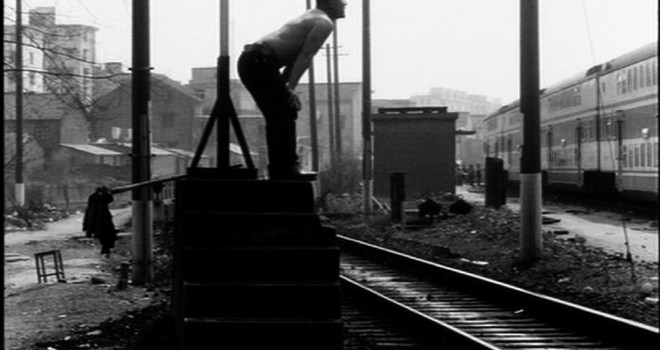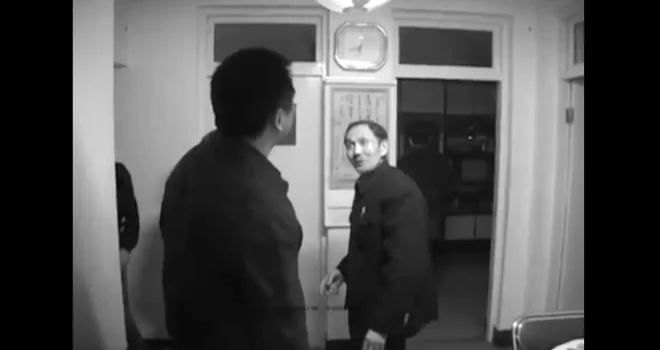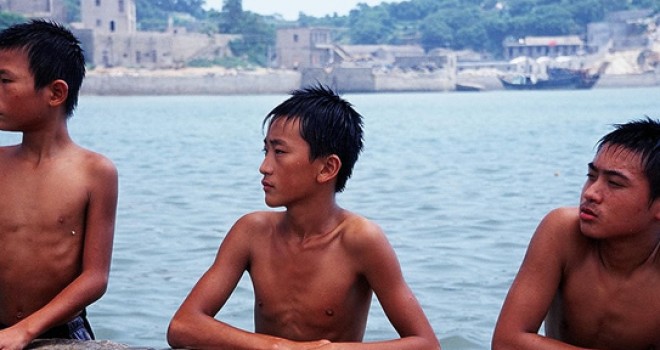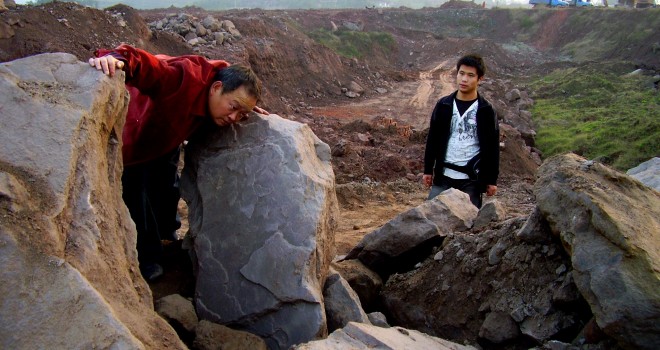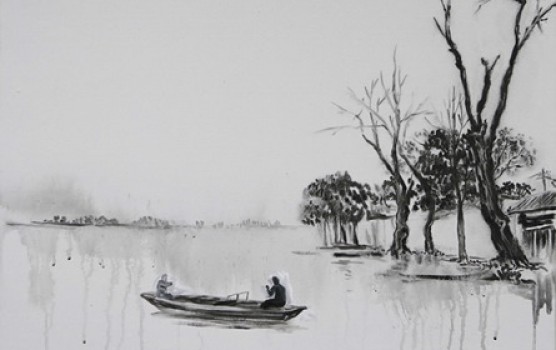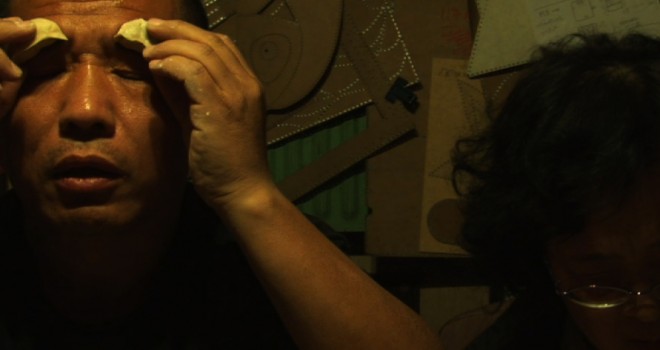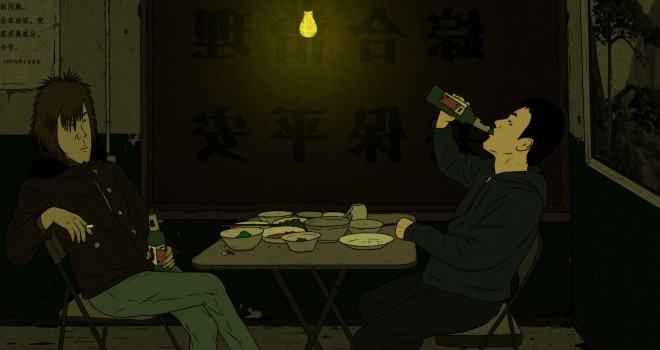The presence of Chinese cinema on the international scene is one of the most outstanding events of these last two decades. The phenomenon has continued swelling throughout these last fifteen years and festivals, reacting to economic, social and artistic events, have turned on to China-time. It nevertheless remains difficult today to prepare a detailed up-to-date mapping of this vein of movie-making in its present statement, that seen from here seem abounding, often anarchic, sometimes hand-crafted. Lets recall our enthusiasm for these filmmakers and the fact that it is acting as guiding light that the Festival of 3 Continents has contributed to identify then and there : Jia Zhangke, Wang Bing, Zhao Liang, that still remain almost unknown in their own country. And let’s not throw the baby out with the bathwater before their own, international recognition acquired in the early 90’s by the Fifth generation of filmmakers (Chen Kaige, Zhang Yimou, Tian Zhuang Zhuang to start with), now qualified craftsmen (For the first two) super-productions backed-up by political power, awoke new interest. Their earlier works, sometimes censored (Yellow Earth, 1984, On the Hunting Ground, 1985, The Big Parade, The Horse Thief, 1986, Red Sorghum, 1987…) have drafted a welcoming horizon for newcomers. If we slightly differ the focus on this Chinese issue a factual focal point, or rather the mark of its historicity clearly materialises. On the one hand, he echoes the increasingly important role that China will occupy on the international stage after the fall of the Berlin Wall. While the political power maintains its dominance, the sudden transition to market economy in the 90’s defeated the collective and social cues, introducing new hierarchical levels that lead to a profound reshaping of attitudes and environment. It is these changes up to their most intimate impact that the young Chinese cinema records, makes a stand on, with a unique critical and archival consciousness. Whether fiction or documentary, we are often struck by the rudeness with which the character’s individual aspirations and actions are affected by different authority-type mechanisms that replace century-old traditions. At one the point of this commitment, we must emphasise that the last generation of filmmakers had an average age of twenty in 1989 during the military crackdown of democracy protesters in Tiananmen Square. On the other hand, Chinese cinema is also linked to the new ongoing opportunities brought about by digital technology. The production methods (very prescriptive) were jostled and renewed. Sized down film crews working throughout the country without official permission and reactive to the changes that shake China today give way to a precarious aesthetic approach, which contrasts sharply with the elegant pictorial style of its predecessors. The refocusing of young Chinese cinema on urban patterns reflects today’s complex and shifting realities in the cities as an essential element of a changing society. The fifth generation had used the countryside as their favorite decor, yet many films that are still shot there attest of the inevitable rural depletion abandoned by the younger ones and the powers. The Chinese myth of a hearty nourishing peasantry can no longer compete against the centrifugal suction of outsized cities. With this lineup of rare or non-released films made over the past decade, we want to offer our audience access to a selection of some of the many movies that we see without always being able to showcase them all. These dramas, documentaries and animations, allow us to take the pulse of an often-intuitive cinema, abrupt in its effects. Nonetheless the strategies used remind us an essential function of this ar : not to reflect the world but to find ways to be on an equal footing with the present. We are grateful and would like to thank Yaxuan Zhang for her help in developing this program within the CIFA (Chinese Independent Film Archive). We want to demonstrate our friendship and solidarity at a time when that non-profit institution that ranks, archives and promotes independent Chinese cinema loses financial support essential to the sustainability of its actions.
Jérôme BARON



